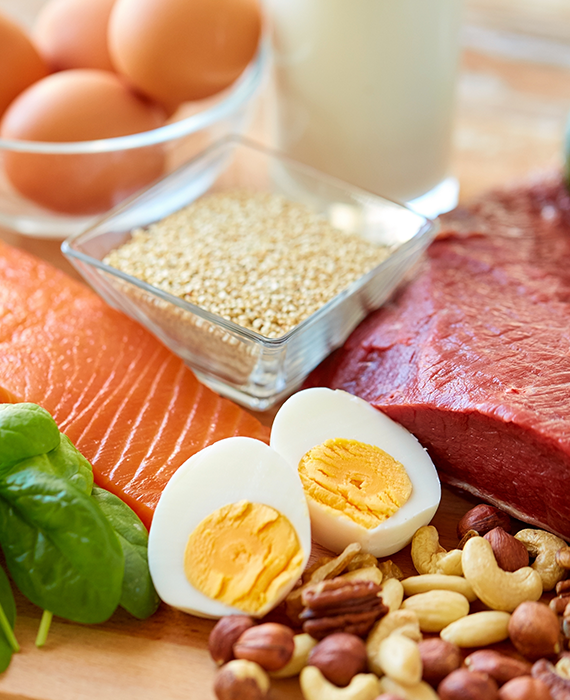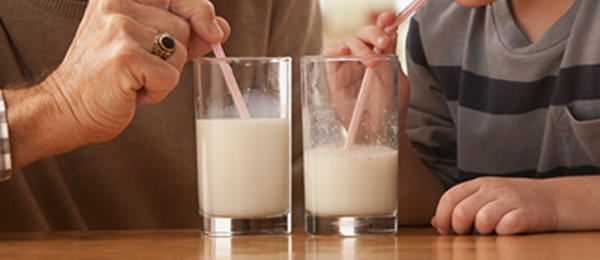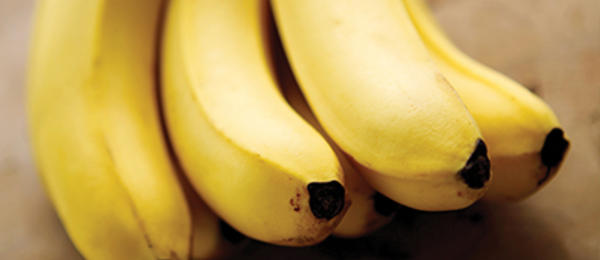Kidney diet cornerstones: Protein
Protein needs change depending on CKD stage
Once you’re on dialysis, protein needs are usually much higher than they were during the early stages of chronic kidney disease (CKD). This is because both hemodialysis (HD) and peritoneal dialysis (PD) treatments cause your body to lose protein. There are a variety of different healthy protein sources—including chicken, beans, beef, eggs, fish, turkey, tofu, and many others. Choosing fresh, high-quality protein is the healthiest option. It is advised that you avoid cured/deli meats so that you are able to limit the amount of salt you’re putting into your body.
How much protein is right for you?

CKD without dialysis: Limit protein
The more protein waste that needs removal, the harder your kidneys will be required to work. This can stress your kidneys and result in a faster decline in function. For people with earlier-stage CKD who are not on dialysis, a diet that is lower in protein is recommended. Limiting the amount of protein and including more plant-based foods in the diet may help slow the loss of kidney function.

CKD on dialysis: Increase protein
Once a person has been initiated on dialysis, higher amounts of protein intake are necessary to maintain blood protein levels and improve health. The dialysis procedure removes protein waste from the blood; therefore, a low protein diet is no longer needed.

It is important to know the right amount of protein for you!
The amount of protein that an individual needs depends on their body size, nutritional status, and the specific nature of the kidney issue they are dealing with. Given that too little protein can lead to malnutrition at any stage of kidney disease, ask your doctor about meeting with a dietitian to determine the appropriate type and amount of protein that is right for you. Listening to your clinician’s or dietitian’s advice about what your body needs is essential, particularly if it means changing some of your current habits.
Reference:
Adapted from the original by Christine Nash, MSc(C), RD, CDE*
Antonia Zettas, RD, CDE*
Other pages you may be interested in!

Fluids
One of the kidneys’ major functions is to maintain the fluid balance in your body. When your kidneys are not working well, they are not able to remove water as effectively.

Potassium
Potassium is one of the main minerals found in your blood. It is also an electrolyte, which means it carries an electrical charge.